Hannah Arendt wrote that totalitarianism is a process that includes isolating and atomizing people. To achieve total control of the masses, influencers and social engineers implement strategies that create a sense of loneliness in the people. Psychologists expect this loneliness to result in a sense of angst, a problem the state, or the designated revolution, will then ride in on its white horse to solve.
A process once restricted to banana republics and communist regimes of the 20th century, everyone in the Western world, since 2020, has witnessed it play out first-hand. Think lockdowns, economic collapse, controlled demolition of the middle class, loss of livelihood, shuttering of schools, closing of churches, loss of routine and structure, loss of purpose, etc. Loneliness devolves into anxiety and eventually resentment. Totalitarian planners, experts of social engineering and mass formation, create a rallying point for the lonely, a target for the resentful. A certain group or class within society is identified and demonized, a scapegoat on which to lay the blame for all the suffering. This group becomes the common enemy of peace and safety.
The people of the Soviet Union experienced significant social, political, and economic transformations that align with Hannah Arendt's observations. After the October Revolution of 1917, the Bolsheviks swiftly eliminated any political opposition and in the Fall of 1918 ran a campaign of mass arrests, executions, and suppression of dissent known as the Red Terror. The Cheka (the Soviet secret police) played a crucial role in identifying, isolating, and eliminating political opponents and anyone deemed a threat to Bolshevik authority.
The Bolsheviks tightly controlled the media and used propaganda to promote their ideology and policies. Independent newspapers were shut down, and the state-controlled press isolated the population from alternative sources of information and fostering a uniform ideological narrative.
War Communism was a process of forced disruption of traditional economic and social structures causing widespread famine, displacement, and social isolation as people struggled to survive. Brutal suppression of resistance and isolation fueled angst in rural communities. The Russian Civil War (1917-1922) caused immense social disruption. Families were divided, communities destroyed, and the constant threat of violence created an atmosphere of uncertainty, fear, and contributed to social atomization. Lenin’s Marxist insanity left 10 million dead.
Under Joseph Stalin’s collectivization campaign (1929-1933), the kulaks, a segment of society that had achieved economic success, stability, and landownership were identified and labeled by the regime as class enemies. The kulaks were scapegoated for the economic failures and food shortages caused by the regime. The operation led to mass arrests, executions, seizure of private property, and deportations to labor camps culminating in the Holodomor, a horrendous man-made famine in Ukraine, causing upwards of 7 millions of deaths.
Anyone associated with traditional systems and structures or any individuals who did not conform to the new ideological orthodoxy were targeted as enemies of the state, expelled from cultural and educational institutions, replaced with loyal supporters of the party, and often faced imprisonment, exile, or execution. The pervasive atmosphere of fear, repression, and the perniciousness of the secret police led to widespread conformity. People were afraid to speak out or associate with others who had been targeted by the regime, leading to social isolation.
Class warfare and dependency on the state are key elements in the totalitarian control strategy. Pitting elements of society against one another is a strategy deployed to unify the masses under the a particular flag by redirecting resentment and frustration onto the designated common enemy. The constant pressure of threats and reprisals also causes many people to relent to dependence on the state for survival.
In Fascist Italy under Benito Mussolini (1922-1943), political opponents were imprisoned, exiled, or executed. Nearly 1 million deaths were associated with Mussolini’s madness.
In the early 1930s political opponents in Nazi Germany were among the first targets of Nazi repression. 11 million would die as a result Hitler’s intrigue.
During the Cultural Revolution in China (1966-1976), Mao Zedong targeted political and social opponents. The Red Guards harassed, tortured, and killed those considered enemies of the state. Widespread persecution led to social and economic chaos, violence, imprisonment, and forced labor, leaving as many as 10 million dead.
Leading up to and during the Rwandan Genocide (1994), the Tutsi minority was scapegoated for political and economic issues. Hutu extremists used propaganda to incite hatred, leading to a genocidal campaign against Tutsis and moderate Hutus. Approximately 800,000 people were killed in a span of about 100 days.
As the Jews became financially prosperous and influential in Europe in the 19th and 20th centuries they were demonized and identified as racist, elitist, and the root cause of every social ill and national problem. During the French Revolution in the late 18th century, the Aristocracy was identified as the common enemy of autonomy and human flourishing. The Reign of Terror in France left more than 40,000 dead.
The culmination of collectivism and the lust for power under the guise of peace and safety or solving the problem of “inequality” has led to more mass murder and senseless deaths than any other cause in history. We are seeing this pattern and tactic play out in real-time.
At present the concept of the nation-state is being held up as the pretext for all suffering and the tool of the oppressor class. Likewise a particular social problem and one particular group within Western Civilization has been singled out, identified, and issuing demonized as the scapegoat and rallying point for the anti-revolution. The concept of a global order that vanquishes poverty and exalts “equality” is being foisted as the answer to that oppression.
At the heart of the attack is the push to subvert individual responsibility and replace it with collectivism, dismantling free market capitalism and replacing it with a command economy—the foundation of 20th-century communism. They say the problem is an immoral inequality that must be addressed directly. Discrimination must be remedied with “distributive justice” — justified discrimination.
The common enemy, the rallying point for this revolution, the root cause of global suffering has been identified as straight white Christian capitalism. Therefore, the structures and institutions of American freedom and prosperity must be torn down. Seen throughout the United Nations Sustainable Development Goals and specific policies and movements for change within America is the same evil that left over 100 million dead in the 20th century.
Their openly stated goal is simply to foster a society of equal opportunity for all, to raise those who’ve been left behind, and to protect the earth from the effects of the common enemy. This has all the hallmarks of a totalitarian movement organized from within the UN's “world mind” (as Robert Muller referred to it). The WHO, the WEF, and many other Geneva-based international organizations advocate social, financial, and environmental policies within an ideology of “solidarity” designed to take down that common enemy. This ideology is then spread regionally by NGOs, agencies, and activists, where it is implemented locally and ultimately enforced by national, state, and local governments. But it gets weirder…
Exit the WHO NOW! The World Health Organization cannot be reformed. It must be abolished.
Just a far-right conspiracy theory?
One of the newest and most blatant efforts to contour American society into a Chinese-style social credit system is infiltrating schools nationwide and training the next generation to reject Christian principles and American values in the name of “well-being.”
The Federal Plan for Long-Term Recovery and Resilience for Social, Behavioral, and Community Health ( ELTRR or “The Federal Plan”) “outlines a whole-of-government approach to unlock America’s full potential for all people and places to thrive together – no exceptions.”
See the source documents and explore the full Federal Plan and all 78 recommendations in the links below
The plan specifically calls for “increased resilience, equity, and thriving for all communities and individuals.” Translation:
“Resilience” means social credit
“Equity” means distributive justice, AKA two-tier policing, means certain groups must be discriminated against until “equity” or a state of
“Thriving” has been achieved
The Federal Plan calls for a transformational systemic change in how the federal government works through “individuals and communities predominantly at a local level.” They say, “The hyperlocal level is where we leverage our own personal capabilities and most directly and routinely interact with our community network. It’s where our decisions most affect us in personal terms and affect others in terms of civility — and where our life circumstances most significantly influence our choices.”
The federal government supports this infiltration at the local level. Read more from Paul Reed, MD, Deputy Assistant Secretary for Health, Director Office of Disease Prevention and Health Promotion https://health.gov/news/202201/equity-and-enhanced-individual-and-community-resilience-are-integral-meaningful-recovery
The Federal Plan presents 78 recommendations (link below) for how to deploy federal assets to reshape the way Americans think.
It’s an “interagency plan” to transform the way children think by “expand[ing] belonging and civic muscle.” They’re focused on change at the regional and local level. Dozens of federal agencies as well as “all of us who work outside of government – must do our part to make the most of this moment for aligned action,” they say.
Quick video explanation:
https://x.com/iamlisalogan/status/1736739728119214295?s=61&t=gUzMsUesg5HcGQvp2iHz0g
What action exactly? Lisa Logan writes (article linked below), “The Federal Plan “is supposedly infusing federal funding into communities hit hard by the pandemic to make them more ‘resilient’ against future disasters. Under this pretext, radical policy changes will be expected in these local economies to foster resilience; changes not just in health, but in education, housing, employment, transportation, food, water, justice, climate, [...] what children will be taught in school, (i.e. to think like a communist), how communities are planned and budgeted (giving preferential treatment determined by skin color), how much water can be used, what kind of food can be purchased (decided by equity and sustainability), and more… Essentially, The Federal Plan is being used as a ‘backdoor’ way of implementing the totalitarian targets of the United Nations Sustainable Development Goals (SDGs) and the One Health agenda of the World Health Organization’s Geneva Charter. It will transform America’s capitalist economy to what’s deceptively termed a well-being economy, where growth isn’t measured by gross domestic product (GDP), but by very subjective indicators of well-being and health that will need government intervention and constant monitoring to make certain everyone has equal outcomes in “resilience.”
Full report:
“The Sneaky Federal Plot to Turn Your Kids and Community Towards Communism in the Name of ‘Resilience,’” by Lisa Logan. https://libertysentinel.org/the-sneaky-federal-plot-to-turn-your-kids-and-community-towards-communism-in-the-name-of-resilience/.
In short, the Federal Plan is a best-practices and policy implementation program that is working to quietly infuse the 17 Sustainable Development Goals into the public education system to train American children in the ideology of globalism.
The United Nations' Sustainable Development Goals (SDGs) address distributive justice and inclusivity through several key goals: equitable access to resources, opportunities, and well-being for all individuals, regardless of their socio-economic status, gender, ethnicity, or other characteristics. The following goals are particularly relevant:
SDG 1: No Poverty
This goal seeks to end poverty in all its forms everywhere, ensuring that all individuals have access to basic needs and services, which is a fundamental aspect of distributive justice.
SDG 2: Zero Hunger
Aiming to end hunger and ensure access to sufficient, safe, and nutritious food for all people, particularly the most vulnerable, this goal addresses the equitable distribution of food resources.
SDG 3: Good Health and Well-being
This goal focuses on ensuring healthy lives and promoting well-being for all at all ages. It addresses issues of healthcare access and equity.
SDG 4: Quality Education
By ensuring inclusive and equitable quality education and promoting lifelong learning opportunities for all, this goal emphasizes the importance of equal educational opportunities as a means of achieving social justice.
SDG 5: Gender Equality
This goal aims to achieve gender equality and empower all women and girls, addressing disparities and promoting equal rights and opportunities regardless of gender.
SDG 8: Decent Work and Economic Growth
Promoting sustained, inclusive, and sustainable economic growth, full and productive employment, and decent work for all, this goal emphasizes equitable economic opportunities.
SDG 10: Reduced Inequalities
Explicitly focusing on reducing inequality within and among countries, this goal addresses economic disparities, social inclusion, and equal opportunity for all.
SDG 16: Peace, Justice, and Strong Institutions
This goal promotes peaceful and inclusive societies for sustainable development, provides access to justice for all, and builds effective, accountable, and inclusive institutions at all levels.
These goals collectively address various dimensions of distributive justice and inclusivity, aiming to achieve a state of “equity” which will never occur.
The Bible emphasizes the perennial presence of poverty and the enduring responsibility to care for the needy.
“"For there will never cease to be poor in the land. Therefore I command you, 'You shall open wide your hand to your brother, to the needy and to the poor, in your land.'" (Deuteronomy 15:11)
Jesus acknowledges the persistent reality of poverty, but His words also underline the importance of continuous charitable actions and social responsibility. In Deuteronomy, the call is for the Israelites to be generous and open-handed toward their fellow citizens, recognizing the inevitability of poverty as a call to persistent compassion and aid.
"For you always have the poor with you, but you will not always have me." (Matthew 26:11)
"For you always have the poor with you…” (Mark 14:7)
“For the poor you always have with you…" (John 12:8)
In the Gospels, Jesus' statements come during the anointing at Bethany, where He is preparing His disciples for His impending departure. His comments here should not be interpreted as dismissing the importance of helping the poor but rather as highlighting the urgency and uniqueness of His physical presence among them at that moment. Jesus’ acknowledgment that "the poor will always be with you" underscores the enduring need for His followers to care for the marginalized and needy.
Poverty is a complex issue that will persist until the eschatological fulfillment of God's kingdom. Christians are thus called to both immediate acts of charity and long-term efforts to address the root causes of poverty. The difference between the Christian perspective of charity and equality is that individuals and the church are to be charitable. There is no call at any point whatsoever to outsource that duty to the government or any international organization, especially when those bodies are committed to antichristian doctrines.
About 80-85% of the SDGs are about reshaping private behaviors and thoughts. The Davos-Geneva cult is a sanctimonious push for the reshaping of public and private life in the service of the institutions and the corporations they serve.
The ideology of globalism is anti-human
We see it most clearly in the Federal Plan’s module for teaching children about how “good” governments should operate. WEGO: Well-being Economy Governments are “good” governments, and there are already six up and running in the world right now. To understand the ideology we must explain their standard of justice and who they believe is the enemy causing all the suffering in the world.
Ibram X Kendi, author of New York Times bestseller How to be an Anti-Racist said it best and most clearly with no softening language. Kendi wrote,
“The only remedy to past discrimination is present discrimination. The only remedy to present discrimination is future discrimination.” (Kendi, 2019)
https://x.com/asranomani/status/1664135392923197442?s=61&t=gUzMsUesg5HcGQvp2iHz0g
https://x.com/asranomani/status/1664135392923197442?s=61&t=gUzMsUesg5HcGQvp2iHz0g
Anti-racism is a term that almost nobody understands. What does it really mean? If someone were to ask if you're an ally, do you stand with and support anti-racism? What would you say? You might say something like every human being is created in God's image with intrinsic dignity, and we are all equal before God. I am certainly against racism. Racism is abhorrent; it is sinful.
But that is not anti-racism. We cannot defend against this weapon if we do not understand it. Anti-racism does not mean “not racist.” Anti-racism means anti-privilege. What is privilege? Success. Prosperity. According to woke-ism and the deceptive rhetoric of “inclusivity,” a person of privilege is one who has achieved a coveted level of affluence. More so than billionaires and the illuminati, the weapon of woke-ism is aimed at anyone of any ethnicity who has worked hard and built a life, a family, has a little money in the bank, a retirement plan, established their own support system of family and friends, and lives in a community of like-minded individuals.
As the argument goes, those who struggle in society fall behind because the system has been explicitly structured to keep them from achieving. In other words, someone, some group is responsible for the suffering in the world. As Robin Deangelo wrote in White Fragility “Whiteness” or “privilege” has caused an “unfair moral offense” in the world. In the foreword to Deangelo’s book, Michael Eric Dyson describes anti-racism (distributive justice) as a “different law and order,” that is “exposing the offenses of the undeservedly celebrated.” (DiAngelo, 2018)
To be crystal clear, anti-racism is a form of distributive justice — a term that you will find mentioned regularly in the documents of the Federal plan and in the UN’s 17 Sustainable Development Goals. Just to make it crystal clear in the plainest possible language, what they are saying is that to cure discrimination we need to discriminate against those who have “privilege.”
Take heed: Any statute or policy that supports anti-racism is unconstitutional and violates the most fundamental tenet of The United States” benchmark civil rights legislation: Public Law 88-352 (78 Stat. 241), The Civil Rights Act of 1964 which prohibits discrimination on the basis of race, color, religion, sex or national origin.
Capitalism vs. Collectivism
In a free society and free markets, the human rights of individuals are acknowledged, respected, and secured. Every person has an equal opportunity to achieve and is personally responsible for his own prosperity. In a collectivist society, or a Well-being Economy Government, rights are understood in terms of the community. Individual rights and opportunities are balanced (limited or restricted) against some measure of equity, e.g., income, healthcare, education, employment, housing, transportation, food, water, climate, justice, etc. To achieve this “equity,” certain individuals must receive preferential treatment while others must be discriminated against until a state of equity is achieved.
In their ideal expressions, the individual has an equal opportunity to prosper in a free society and free markets, and justice is blind (applied equally). In a Well-being Economy Government, or communitarian society, there is no equality; there are only subjective measures of social equity. This is why concepts like justice are qualified as “social justice.”
The measure of equity is also used as a pretext for circumventing constitutional rights, the rule of law, and due process to directly discriminate against a particular community group. Tactics include influencing law through paid activism and lobbying, coercion, and shaming of all dissent, all of which are justified by the concept of achieving some arbitrary measure of equity. In short, to achieve equity, one group within a society must be discriminated against.
It’s worth noting here that sex, and sexual preference are also considered in distributive justice. In other words, not only is privilege being white, successful, American, and Christian, but privilege is also heterosexual. The LGBTQIA+ community has also joined in on the resentment of anyone that has been blessed by God with material comfort. Whiteness is straight, anti-racist is “queer.” Therefore the term distributive justice, present in the SDGs, is necessarily designed against heterosexuality. It is no misnomer and not hyperbolic at all to say that Globalism is gay
Whiteness is not a choice someone makes; “whiteness” is the original sin in the religion of anti-racism. Privilege, that is to say, success, prosperity, achievement, working hard — earning your way in this life — is the original sin of the religion of globalism. There is no soteriology in this religion. Salvation is not offered. There is only original sin: white, straight, affluent, American, Christians. And there is only penece or reparations that must be paid for eternity.
Globalism and “equity” guarantee suffering, Capitalism reduces suffering.
Socialism and communism (globalism) promise a more just and equitable society through equity (distributive justice) and the redistribution of wealth. However, historical and economic evidence demonstrates that these systems result in economic stagnation, reduced incentives for innovation, and increased suffering for the populace. On the other hand, Western capitalism, grounded in principles of equal opportunity and the rule of law, has consistently produced higher standards of living through greater innovation and reduced suffering.
Key Terms:
Socialism — an economic and political system in which the means of production are owned or regulated by the community, and wealth is distributed based on perceived needs.
Communism — a more extreme form of socialism that advocates for a classless society in which all property and wealth are communally owned.
Equity — a principle of fairness where resources are distributed based on individual needs.
Distributive Justice — the equitable allocation of assets within a society by discriminating against those with more.
Western Capitalism — the enemy of internationalism, an economic system characterized by private property, free markets, and minimal state intervention.
The Flaws of Socialism and Communism
These systems, and the economic system being forced on society in the SDGs, are fundamentally flawed in their presuppositions about economic motivation and reward mechanisms and their approach to wealth redistribution and equity. They do not promote the advancement of living standards but actually undermine the incentives that drive productivity and innovation by prioritizing the distribution of resources over market-driven allocation. The lack of individual ownership and profit motive results in inefficient systems, decreased productivity, and economic stagnation. Without the prospect of personal financial gain and being able to provide for one’s family, individuals have little motivation to excel or innovate.
Historical Evidence of Failure
Historical evidence from the Soviet Union, Maoist China, and, more recently, Venezuela shows us plainly the inevitable level of destitution and suffering. The Soviet Union struggled with chronic shortages and inefficiencies; the economy stagnated and ultimately collapsed. Maoist China's Great Leap Forward resulted in one of the worst famines in history, while Venezuela's socialist policies have caused hyperinflation, food shortages, and mass emigration (Ceresto and Waitzkin, 1986. World Bank, 2022).
False Promises of Equity and Distributive Justice
While the ideals of equity and distributive justice may sound right when presented through appeals to emotion and platitudes about saving lives and the world, these concepts have always led to bureaucratic inefficiencies and corruption. Centralized control of resources tends to concentrate power in the hands of a few, who may misuse it, exacerbating the inequalities these systems aim to eliminate. Additionally, the suppression of market forces hinders economic growth and innovation, leading to overall economic decline.
The Success of Western Capitalism
In contrast, Western capitalism is built on equal opportunity, the rule of law, individual freedom, property rights, and competition. When individuals are free to own property, pursue entrepreneurial ventures, and compete in free markets, innovation flourishes, and everyone benefits. Throughout the 19th and 20th centuries, the support and protection of free markets provided incentives for innovation and productivity that led to unprecedented innovation, economic growth, prosperity, improved living standards, and greatly reduced suffering worldwide.
The Rule of Law and Equal Opportunity
The framework of just laws, equal opportunity, and democratically elected governments protects property rights, enforces contracts, and ensures fair competition. The concept and protection of equal opportunity, or equal access to education, healthcare, and employment, provide a favorable environment for individuals to succeed based on merit rather than privilege.
No earthly system is perfect because evil runs through the fallen hearts of every person on earth and complicates even the most just system. However, when the evidence is presented without bias, the most just and inclusive societies the world has seen have thrived under free-market capitalism where a strong middle class is supported.
The IMF, the OECD, The Brookings Institution, and The World Bank all emphasize in their economic reports that a strong middle class is essential for economic prosperity and for the well-being of all people. They say, the middle class promotes economic stability by increasing consumer demand, which drives production and investment (Dabla-Norris et al. 2015). A thriving middle class is essential for economic prosperity as it supports demand for goods and services, fosters social cohesion, and promotes investment in education and innovation (OECD 2019). The middle class is also the largest consumer driving significant portions of the economy and supporting a stable, predictable market environment (Reeves and Sawhill 2014).
This makes one wonder why so many international organizations, specifically the United Nations and all its sub-agencies, are setting forth policies of equity and inclusion that will necessarily weaken and eventually destroy the middle class. The answer is simple: power and control.
The Only Way Forward
Winning the war being waged on us by woke-ism and the global ideology that has assumed its religious doctrine requires a complete change of mindset on our part. Revenge and conquest must be left behind. It feels wrong, but we’re in a very unique situation right now. The time for battle may come, but that time is not yet here. Our first commitment must be to the Lord who has blessed us with our “privilege” and to do His will and to act in His timing. Do not be ashamed of your “privilege” and remember from where it has come and that we most assuredly ought not return evil for evil.
In his article, The Hatred of ‘Whiteness’ Is a Hatred of Christianity, for Caldron Pool, Ben Davis writes:
“It’s an evil ideology that turns the idea of God-blessed obedience on its head. It says Western prosperity is not the fruit of righteousness, but the result of sin.” (Davis, 2024)
The envious Marxist anti-racists and globalists expect to tempt God and reap good where it did not sow good.
But the hard truth for America and the Western world is that we’re no better, because we’re no longer sowing good either, so why should we expect to reap a good harvest?
Davis says there is only one possible way forward for the Western world and it’s not to kneel to the “anti-racist” or globalist mobs. We must not be ashamed of our blessings, our history, and we must not dishonor our ancestors. Davis says,
When you’re heading in the wrong direction, the only way forward is backwards. The only way forward is repentance:
The LORD said, “If my people who are called by my name humble themselves, and pray and seek my face and turn from their wicked ways, then I will hear from heaven and will forgive their sins and heal their land” (2 Chronicles 7:14)
There needs to be an about-face. There needs to be a revival of men and women seeking after the Lord Jesus Christ in prayer and humility. What’s extremely important to such a movement is something that is virtually nonexistent in the Conservative anti-globalists today. Our turning back to Christ must not be accompanied by a wish of prayer for all those who hate to be destroyed. If we expect God’s blessing, we must pray for the Lord to bless them, for the good of our neighbors, the foreigners — the migrants and illegals — and especially the anti-racists and globalists.
The worst problem we are facing in this season of struggle is anger, resentment, bitterness, and reviling, because the blessing of God only rests upon those who are capable of blessing their enemies. In short, If you cannot find it in yourself to bless your enemies, to pray for them, to ask God to bless them, especially when they lie, cheat, steal, and kill then you cannot expect God’s blessing to rest on you.
Sometimes we’re tempted to think that our situation is so unique and severe that perhaps Jesus didn’t foresee the way the world is today, and it might just be best if we did it our way on this one. There are no indulgences, my friends. You can’t buy yourself a free shot at Krause Schwab or Tedros or Joe Biden. Jesus said,
“You have heard that it was said, ‘You shall love your neighbor and hate your enemy.’ But I say to you, love your enemies and pray for those who persecute you.” (Matthew 5:43-44)
Jesus said, “If you love me you will keep my commandments.” Jesus commands us to bless those who hate us, hurt us, and gripe us. Romans 12 has a chapter heading that says “Marks of the True Christian.” What are those marks?
“Outdo one another in showing honor . . . Rejoice in hope, be patient in tribulation, be constant in prayer.” (Romans 12:10)
“Bless those who persecute you; bless and do not curse them.” (Romans 12:14)
Verses 17-21 say,
“Repay no one evil for evil, but give thought to do what is honorable in the sight of all. If possible, so far as it depends on you, live peaceably with all. Beloved, never avenge yourselves, but leave it to the wrath of God, for it is written, ‘Vengeance is mine, I will repay, says the Lord.’ To the contrary, ‘if your enemy is hungry, feed him; if he is thirsty, give him something to drink; for by so doing you will heap burning coals on his head.’ Do not be overcome by evil, but overcome evil with good.
Brothers and sisters, we’re not only supposed to bless and pray for them, we’re not allowed to hesitate. That means, Christ expects us, at the first opportunity, to go to the Lord and ask Him to bless that person, bless his day, bless his family, bless his labors.
You might think, why would God want to bless someone so deep in sin? Am I really expected to pray that God would bless someone so evil? Whether or not God blesses that person is above our pay grade. Our purpose is to glorify God, and we do that through obedience to His will. It isn’t for us to decide whether or not a person is worthy of God’s blessing. I already know that I am not worthy of God’s blessing! (Romans 3:10-18). It doesn’t matter whether you think it would be good for that person or not, what you know is what God has said, and He has said that it would certainly be good for you to give the blessing. You can trust God to do the right thing with your obedience.Why is this concept so important to the restoration or the reformation of our republic?
It's certainly possible and understandable that after enduring the tactics hatred of global elites for many years, and after being overwhelmed by anti-racism and lies from the media and our education systems one might start to get a little irritated with their nonsense, You might start feeling overly sad or discouraged, or you might just get good and irked and blast off in a diatribe of reviling to make Redd Foxx blush.
Stop! Take heed! When we fall into that temptation and become reactionaries, when we allow their actions and the way they’re destroying the world today to anger us or bring us down into the doldrums, we have just fallen for the Devil’s best trick, to own your mind and to evoke reactions like that from you.
The purpose of identity politics and mainstreaming LGBT issues and showing you images of men pretending to be women cage-fighting real women or taking titles and trophies away from female athletes who worked their whole lives for it only to have their dreams jerked out from under them by a big burly homosexual man wearing lipstick who is suddenly trending on social media is to wind you up and cause you to feel certain emotions because that’s when they’ve got ya!
Ben Davis writes,
When the Western world is blessed, then the Western world can truly be a blessing to the rest of the world…our good is found by acknowledging Him and living within the bounds of the commands of Christ the King. Until then, we can expect to sink “down lower and lower” in our own homelands.
References, sources, and citations:
Acemoglu, Daron, and James A. Robinson. Why Nations Fail: The Origins of Power, Prosperity, and Poverty. Crown Business, 2012.
Birdsall, Nancy. "The (Indispensable) Middle Class in Developing Countries; or, the Rich and the Rest, Not the Poor and the Rest." The World Bank, 2010. Available at: [World Bank](https://openknowledge.worldbank.org/handle/10986/9102).
Cereseto, Shirley, and Howard Waitzkin. “CAPITALISM, SOCIALISM, AND THE PHYSICAL QUALITY OF LIFE.” International Journal of Health Services 16, no. 4 (1986): 643–58. http://www.jstor.org/stable/45130965.
Dabla-Norris, Era, et al. "Causes and Consequences of Income Inequality: A Global Perspective." IMF Working Paper WP/15/13, 2015.
Davis, Ben. “The Hatred of ‘Whiteness’ Is a Hatred of Christianity.” Caldron Pool, June 8, 2024. https://caldronpool.com/the-hatred-of-whiteness-is-a-hatred-of-christianity/.
DiAngelo, Robin. White Fragility: Why It’s So Hard for White People to Talk About Racism. Beacon Press, 2018.
“Equitable Long-Term Recovery and Resilience | health.gov,” n.d. https://health.gov/our-work/national-health-initiatives/equitable-long-term-recovery-and-resilience.
“Equitable Long-Term Recovery and Resilience | health.gov,” n.d. https://health.gov/our-work/national-health-initiatives/equitable-long-term-recovery-and-resilience.
Federal Plan for Equitable Long-Term Recovery and Resilience for Social, Behavioral, and Community Health. “Federal Plan for Equitable Long-Term Recovery and Resilience for Social, Behavioral, and Community Health,” n.d. https://health.gov/sites/default/files/2022-04/ELTRR%20Recommendations_FINAL-ColorCorrected_2.pdf.
Friedman, Milton. Capitalism and Freedom. University of Chicago Press, 1962.
Hayek, Friedrich A. The Road to Serfdom. University of Chicago Press, 1944.
Kendi, Ibram X. How to Be an Antiracist. One World, 2019.
Kornai, János. The Socialist System: The Political Economy of Communism. Princeton University Press, 1992.
Logan, Lisa. “The Sneaky Federal Plot to Turn Your Kids and Community Towards Communism in the Name of ‘Resilience,’” December 15, 2023. https://libertysentinel.org/the-sneaky-federal-plot-to-turn-your-kids-and-community-towards-communism-in-the-name-of-resilience/.
Muller, Robert. “THE ABSOLUTE, URGENT NEED for PROPER EARTH GOVERNMENT from FOUR THOUSAND IDEAS for a BETTER WORLD.” www.goodmorningworld.org. Accessed June 15, 2024. http://www.goodmorningworld.org/earthgov/.
North, Douglass C. Institutions, Institutional Change and Economic Performance. Cambridge University Press, 1990.
Nove, Alec. An Economic History of the USSR, 1917-1991. Penguin Books, 1992.
OECD. "Under Pressure: The Squeezed Middle Class." 2019. https://www.oecd-ilibrary.org/economics/under-pressure-the-squeezed-middle-class_689afed1-en).
Our World in Data. "Life Expectancy vs. Health Expenditure." Available at: ourworldindata.org
Piketty, Thomas. Capital in the Twenty-First Century. Harvard University Press, 2014.
Reeves, Richard V., and Isabel V. Sawhill. "The Middle Class is Key to a Healthy Economy." Brookings Institution, 2014. https://www.brookings.edu/blog/social-mobility-memos/2014/02/21/the-middle-class-is-key-to-a-healthy-economy/.
Stiglitz, Joseph E. The Price of Inequality. W.W. Norton & Company, 2012.
“THE 17 GOALS | Sustainable Development,” n.d. https://sdgs.un.org/goals.
“The Federal Plan for Long-Term Recovery and Resilience for Social, Behavioral, and Community Health,” n.d. https://thriving.us/federal-plan/.
Visual Capitalist. "Healthcare Spending and Life Expectancy, by Country." Available at: www.visualcapitalist.com
World Bank. "Life expectancy at birth, total (years)." World Bank Open Data. n.d. https://data.worldbank.org/indicator/sp.dyn.le00.in?name_desc=true.
Download the Armor of Truth Mobile App Free
Armor of Truth, Inc is a 501(c)(3) Non Profit Organization
Donations are tax deductible
Support Armor of Truth, official donation page: Donate
CashApp $aotmin






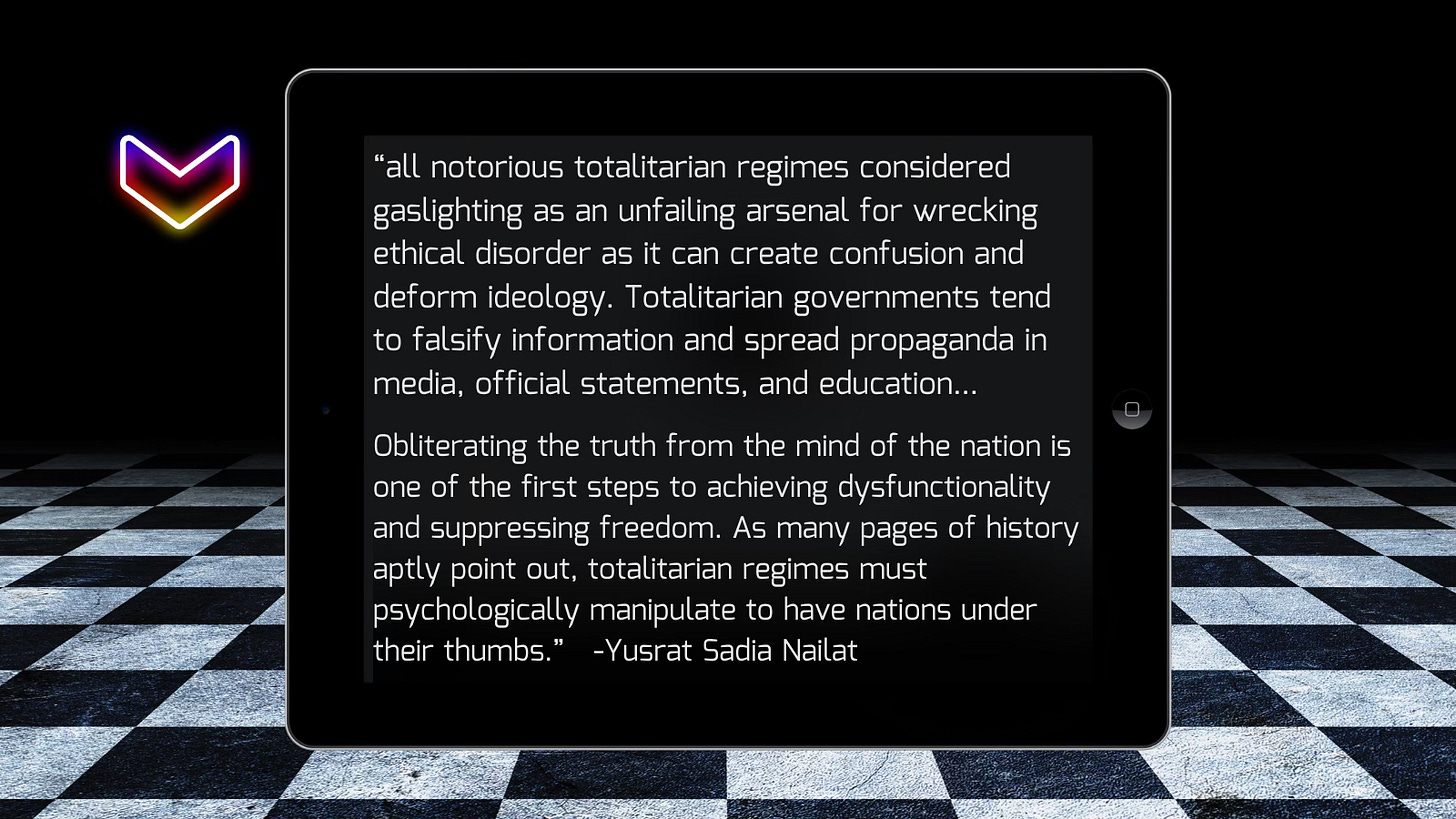


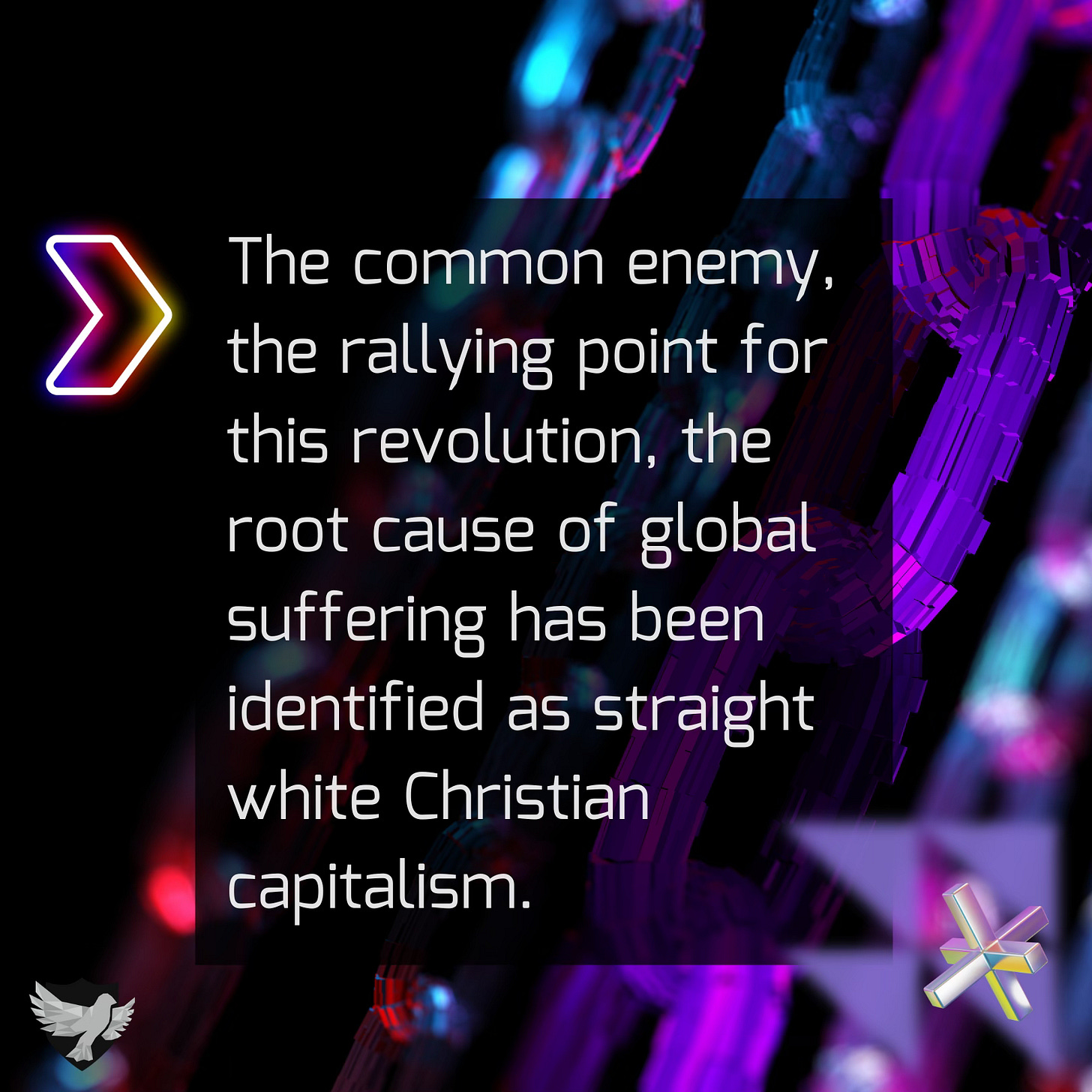

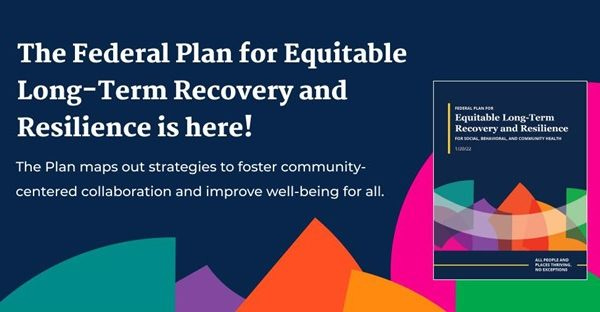
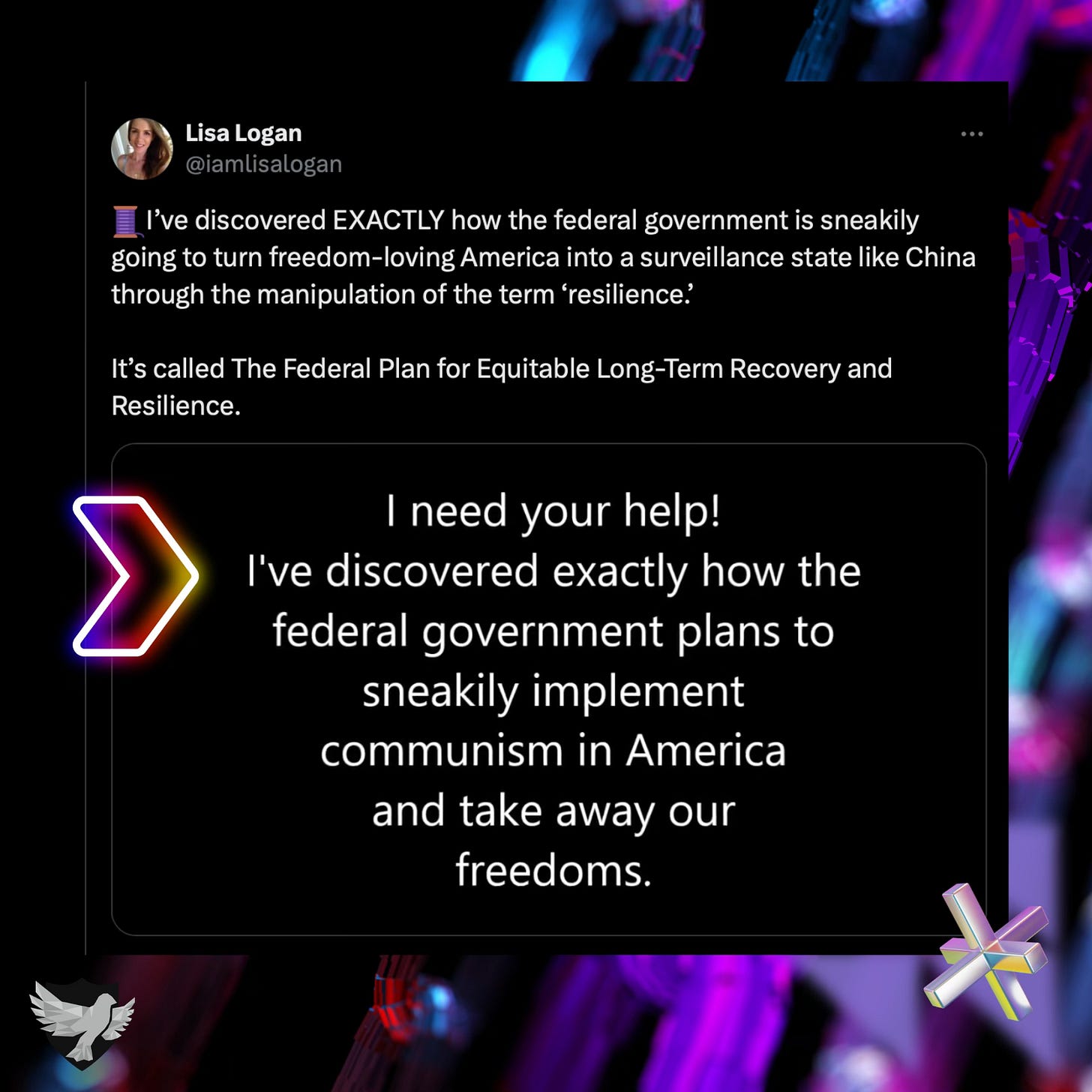
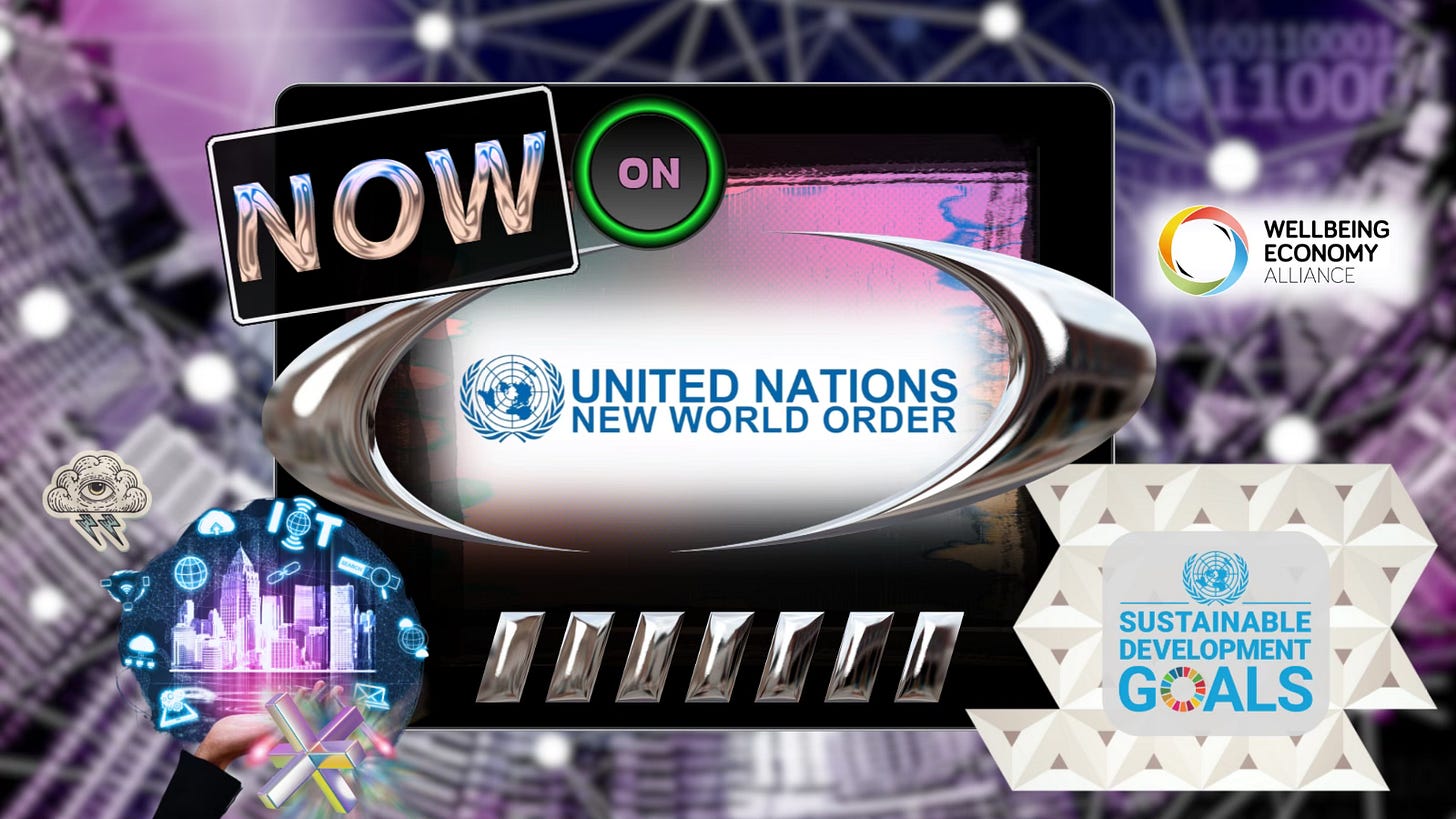
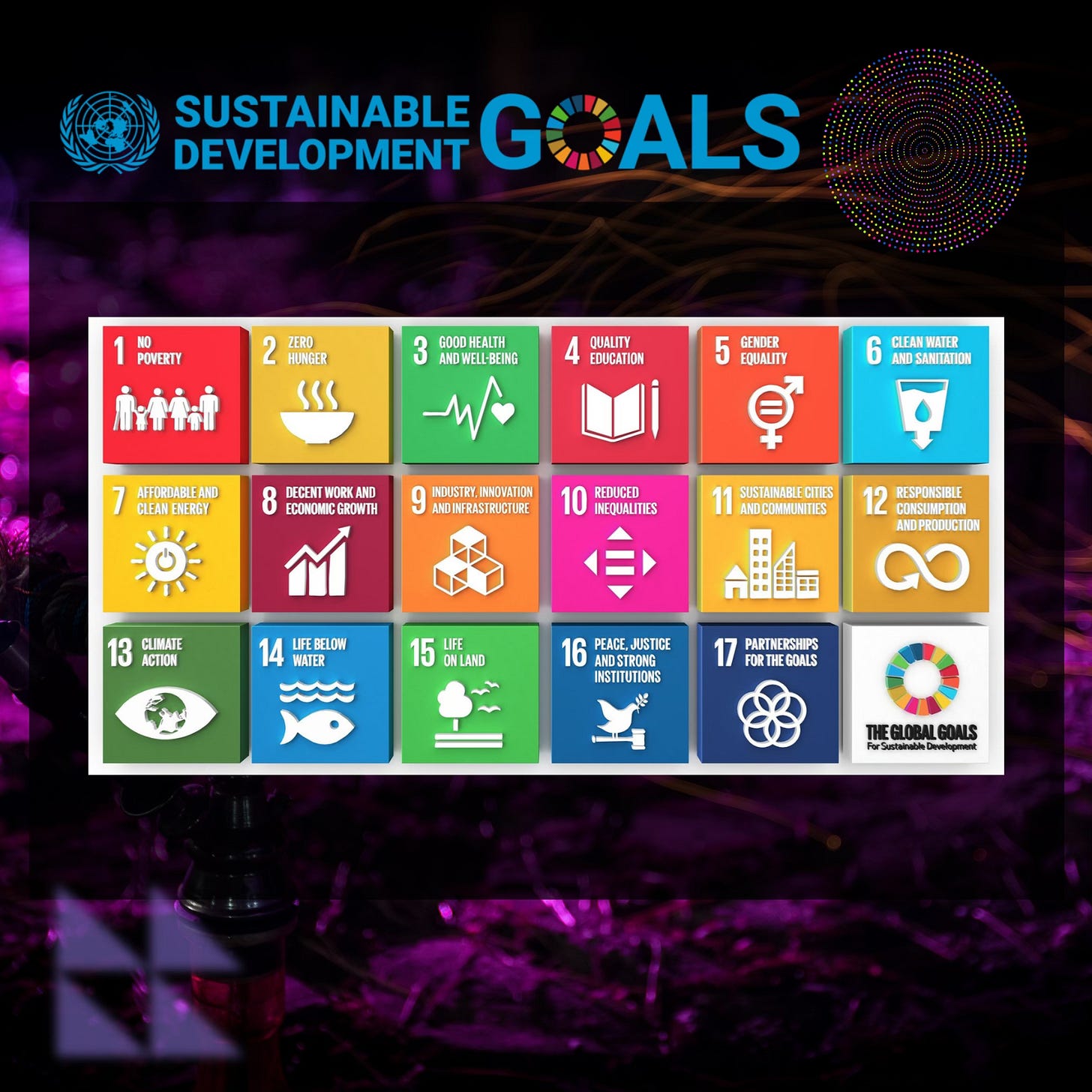


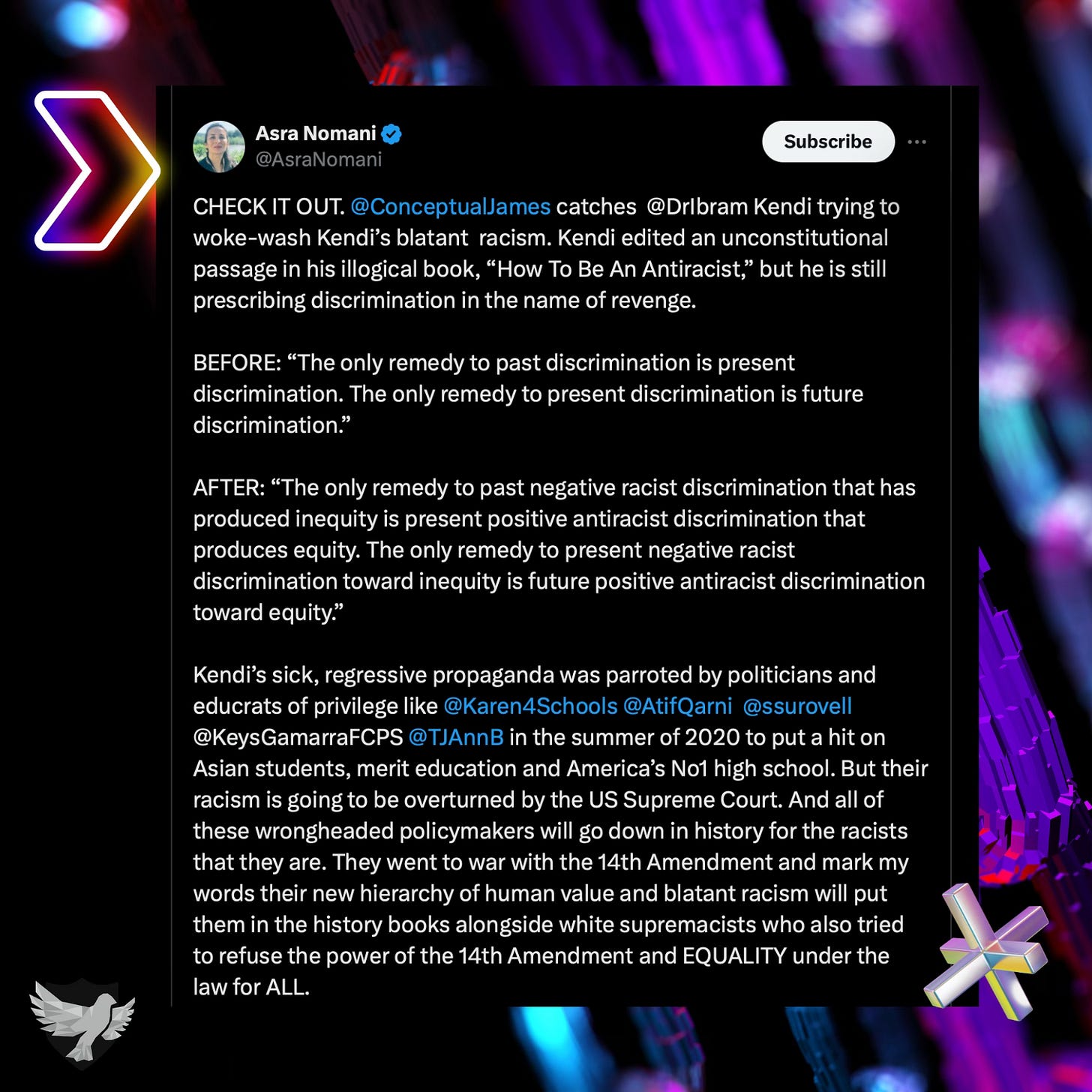
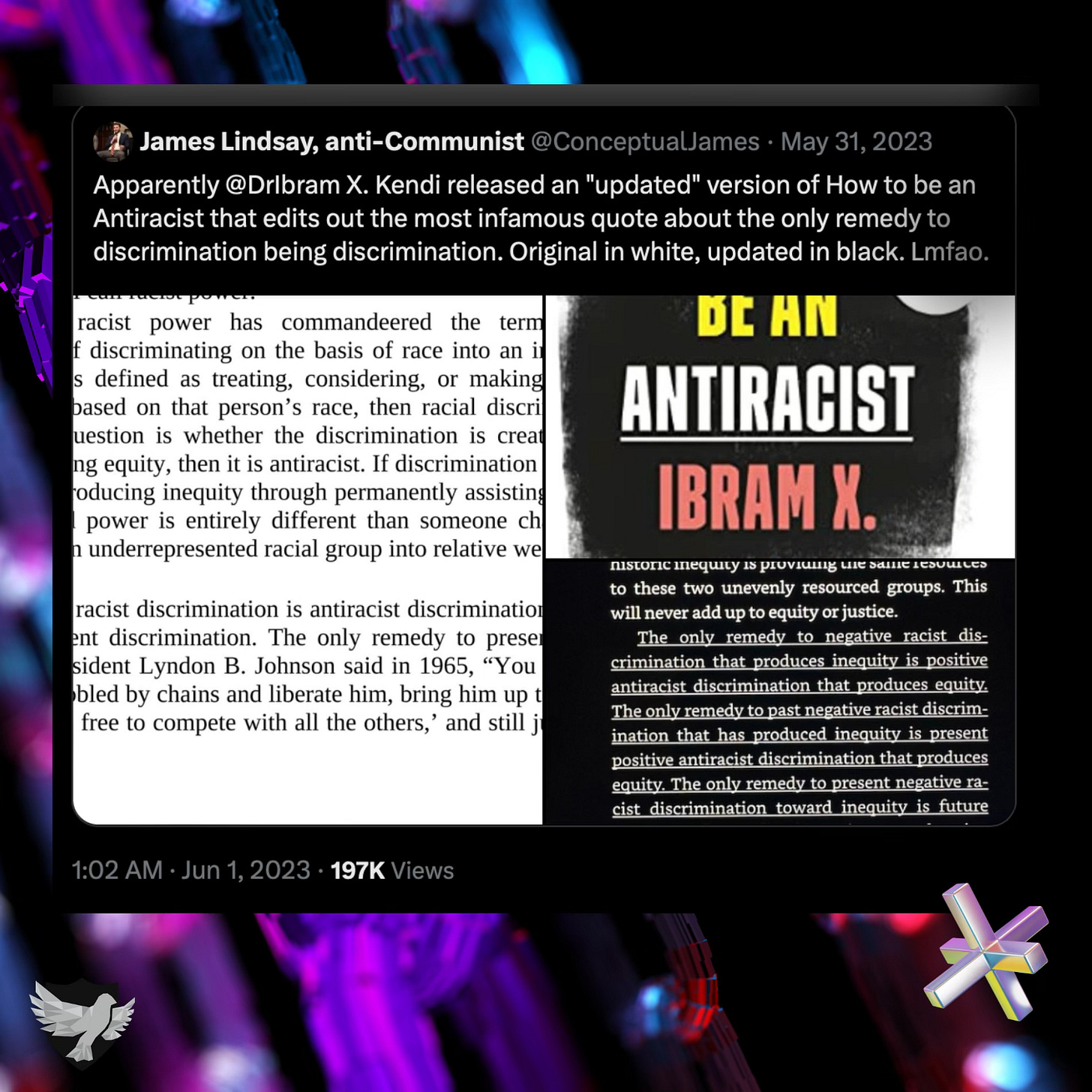
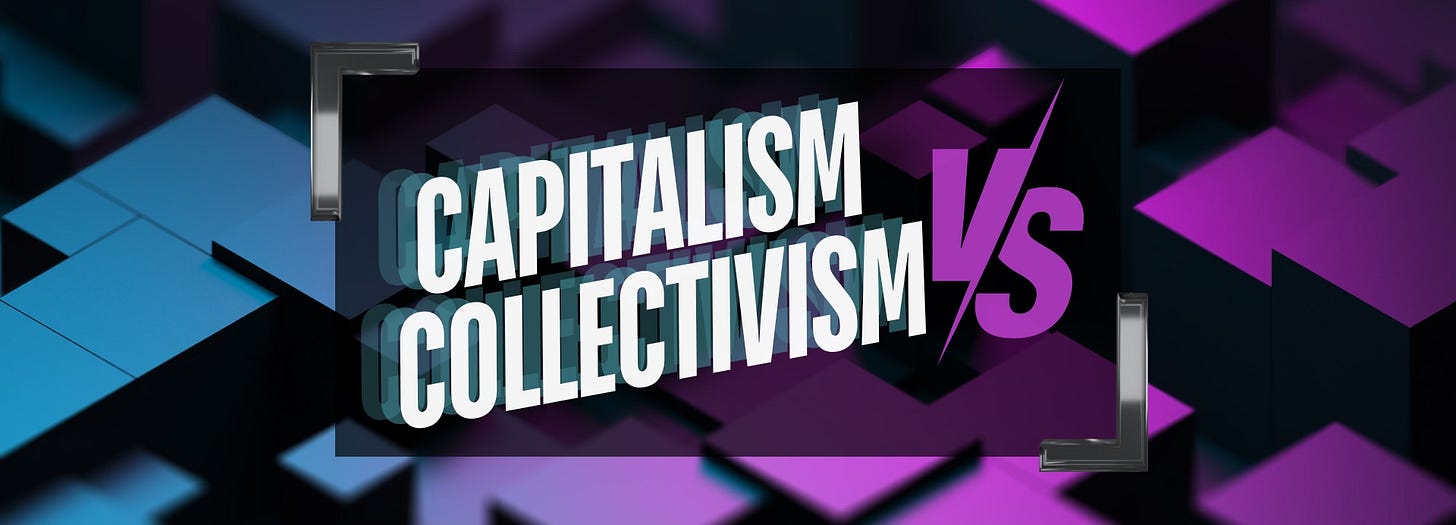

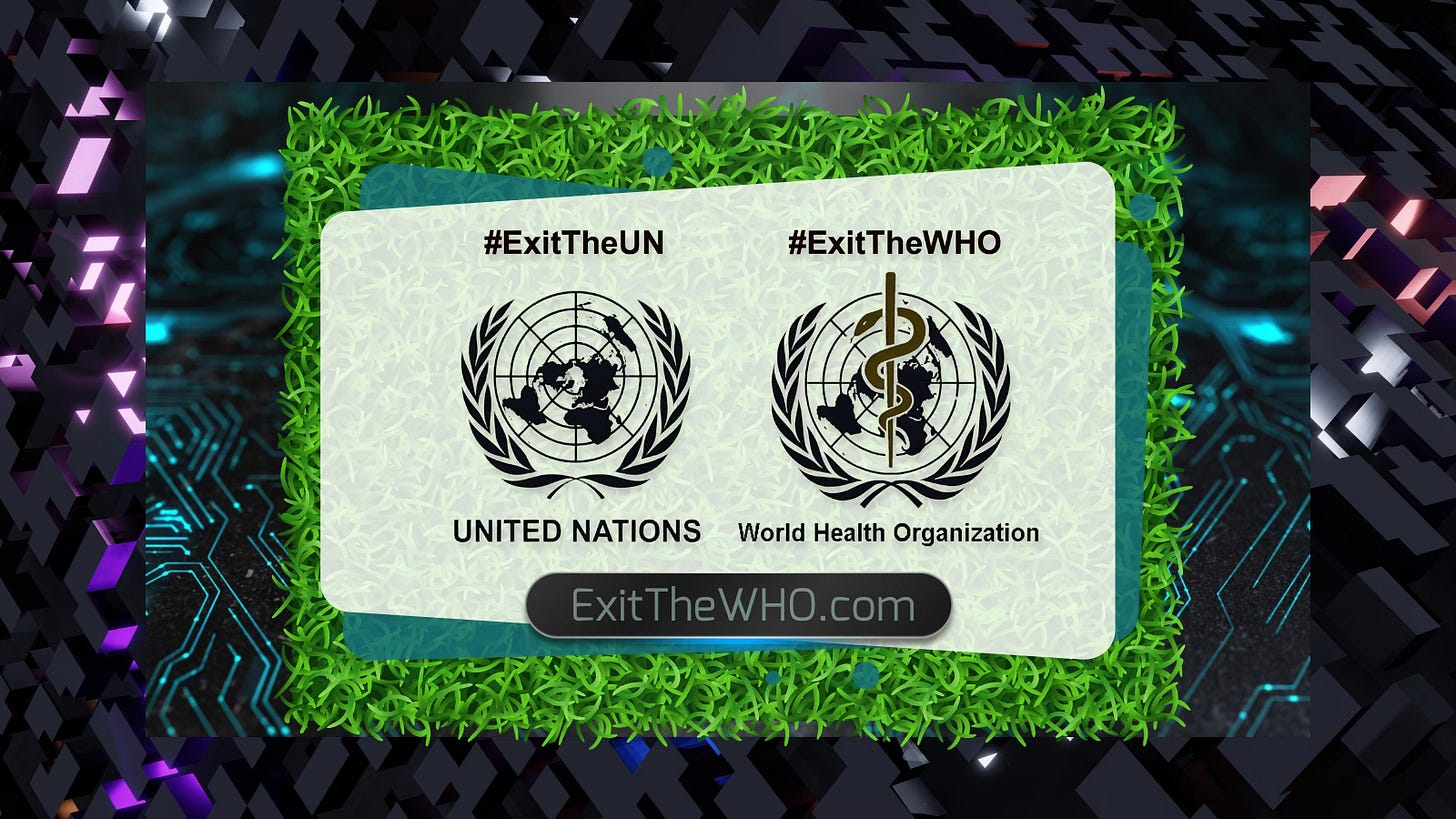
Wonderful, well written article. Totally agree on your research. The world, the US is already in but headed toward an even more sinister existence. I hope we're not here to witness it. I hope Jesus takes us home 1st. 🙏❤️
Sad how Few people know this and it's so insidious. Thank you for such an in depth education.